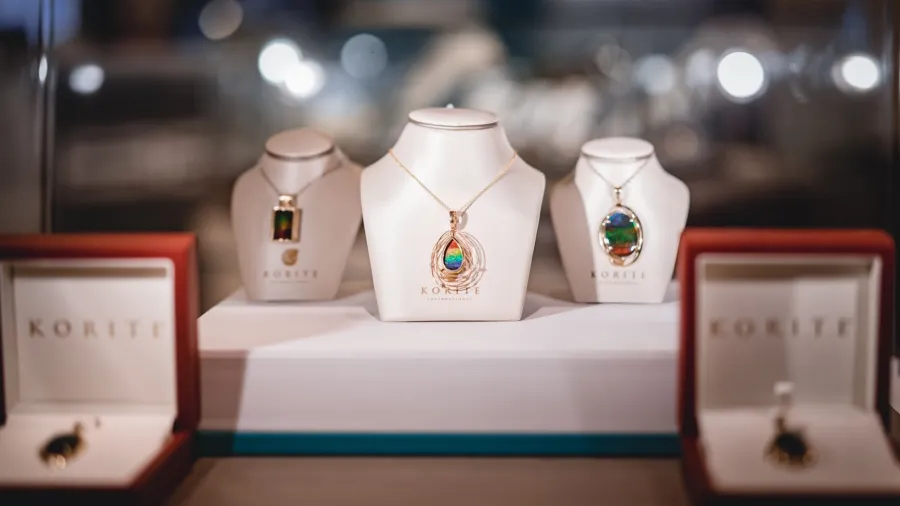
How APAC’s luxury retailers can leverage China’s early recovery
Brands are urged to collaborate with marketplaces to boost digital engagement.
Opportunities await for Asia Pacific’s luxury retailers and international retailers operating in the region to leverage technology and reach customers at a personal level by using the social media platforms such as WeChat and TikTok, according to a report from GlobalData.
The APAC remains the fastest-growing luxury market, driven by the early recovery in China, which is the largest luxury market in the region and the second-largest globally, the report found.
To illustrate, Burberry’s flagship store in Shenzhen allows shoppers to interact with the window display using WeChat and allows them to listen to their favorite music in fitting rooms. Similarly, Luxury Pavilion, a platform owned by Alibaba’s Tmall, recorded a 159% YoY sales surge in Q1 due to its digital expertise such as 3D store display services and augmented reality trails.
This attracted both luxury brands and shoppers to showcase and shop products respectively using the platform, GlobalData noted.
Though the region is still facing pandemic headwinds, the revival of the Chinese market provided a boost to the luxury retailers operating in the region, especially with the higher degree of internet penetration and social media exposure, said GlobalData’s retail analyst Ankita Roy.
With that, luxury brands are urged to ramp up their digital engagement with shoppers through collaboration with marketplaces, which can also deliver meaningful data insights to target the best set of customers.
“Luxury retailers must explore innovative ways of delivering the same experience which they have always been known for prior to the pandemic, by blurring the line between online and offline retail channels,” Roy said.
Meanwhile, Louis Vuitton, a French luxury retailer, has announced the closure of its downtown duty-free stores in Hong Kong with operator DFS to shift its focus from downtown duty-free business to airport retail.
Whilst the downtown stores in Macau and Okinawa are expected to remain open, the decision will have a significant impact on the regional luxury market. The company plans to massively expand in the Chinese market by 2025, GlobalData noted.
Roy noted that with its brand prowess and tremendous customer reach, Louis Vuitton is keen to capture travel retail sales in China, buoyed by the recovering luxury consumption and growing domestic tourism industry, and the government’s focus on boosting domestic luxury retail.
“With the planned opening of six new airport stores in China by the end of 2022, Louis Vuitton will be able to benefit from the growing Chinese luxury demand uninterrupted by global travel restrictions as the duration of the pandemic still remains unpredictable,” Roy said.

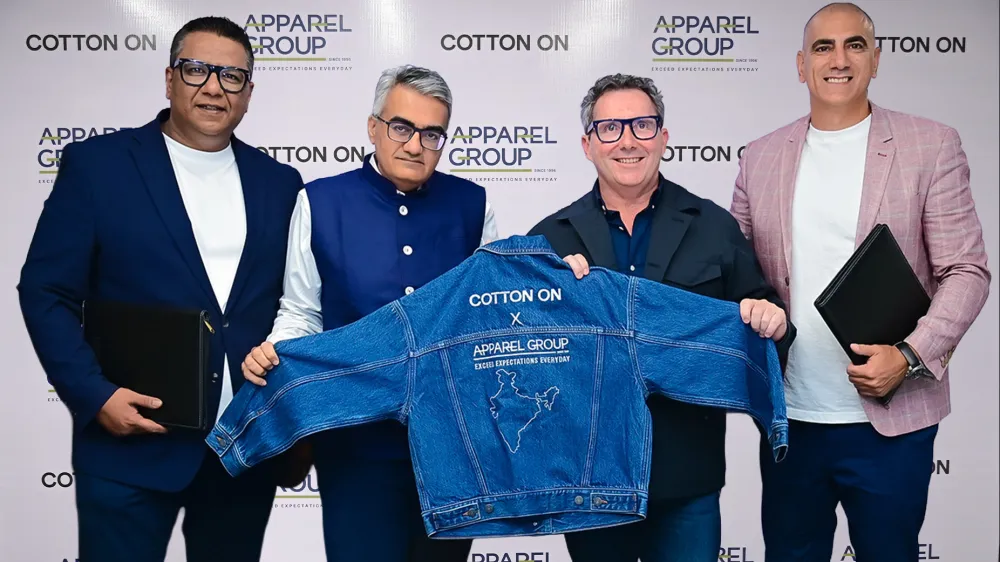
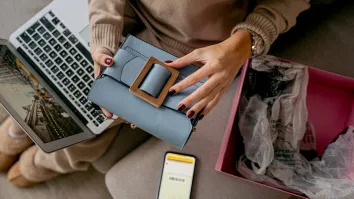


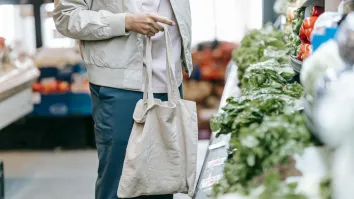




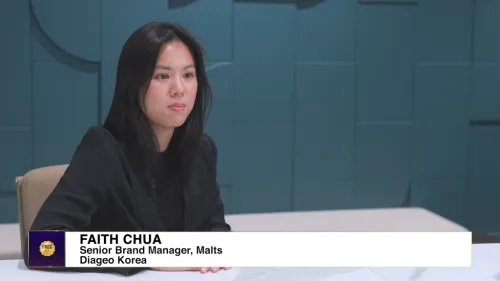



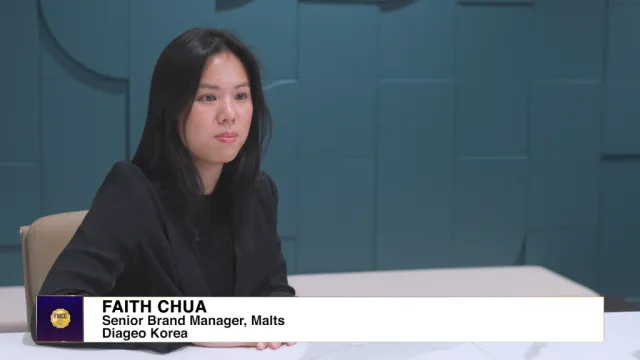




 Advertise
Advertise






